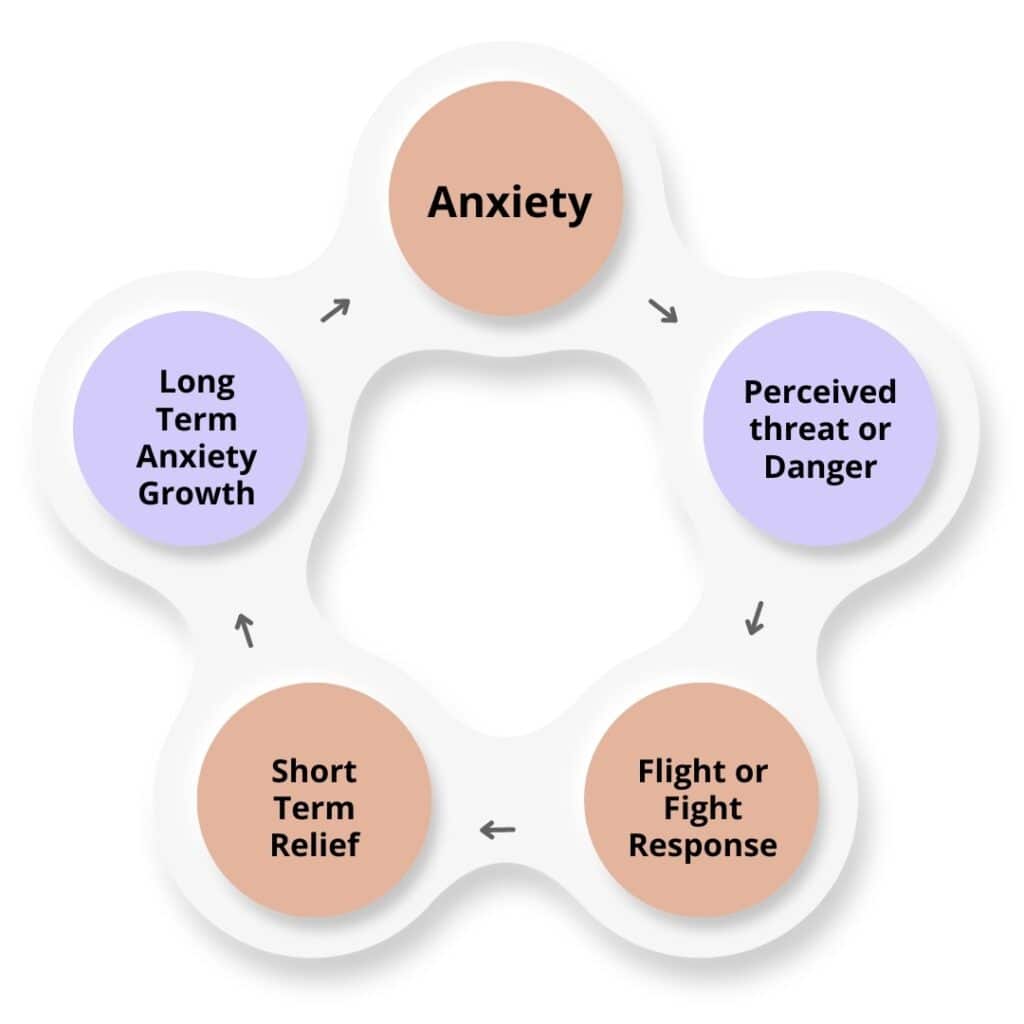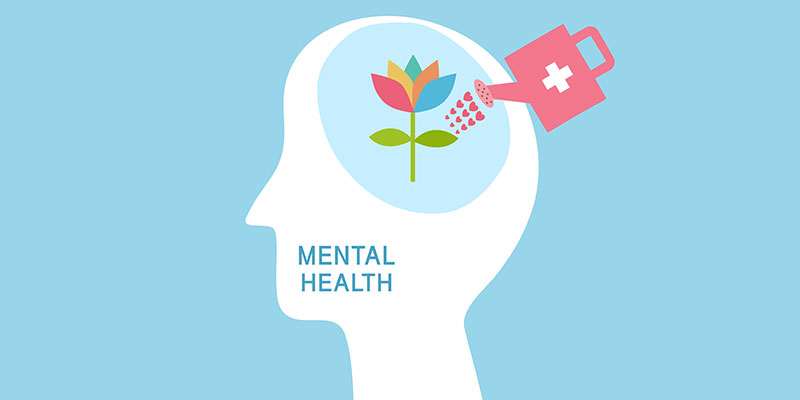
How is My Partner’s Addiction Affecting Me?
Addiction as a disease never discriminates against anyone. The only purpose it has is to degenerate and disintegrate where it has established its roots. ..
In daily lives, we all are prone to feel anxious in stressful situations. Sometimes these jittery feelings are justified and sometimes they are not. Yet, feeling anxious is quite common and this feeling of “nervousness, overwhelming emotions and palpitations” may get out of hand if not taken care of appropriately.
Do you also feel like this quite often?
According to the Encyclopaedia of Psychology & APA,
“Anxiety is an emotion characterized by feelings of tension, worried thoughts, and physical changes like increased blood pressure. Anxiety is not the same as fear, but they are often used interchangeably. Anxiety is considered a future-oriented, long-acting response broadly focused on a diffuse threat, whereas fear is an appropriate, present-oriented, and short-lived response to a identifiable and specific threat.”
On the other hand, having anxiety at a mild level can be good for one’s performance but nearly 30% of the population is affected with anxiety disorders making it the most common of psychiatric ailments.
The symptoms of anxiety disorders differ from one level to another but predominately, clients try to avoid situations that trigger their symptoms, never seeking professional help and through time worsening their condition.
Anxiety disorders vary in nature with multiple types that are identified worldwide as separate disorders. They are as follows;

There are multiple disorders that represent themselves with varying symptoms. But typical anxious feeling may show itself in the form of;
Anxiety sometimes may pose a hindrance to living life normally. With little steps, big changes can be brought about that may help diminish the stress levels and keep the anxiety in check.
Anxiety has been considered a devil for far too long, but it is a devil that can be tamed and trained with the joint efforts of a mental health professional and yourself. The most important thing that you can do is seek help before waiting for it to explode and get control over you.
There are ways to handle and cope up with the anxiety disorder with the help of experienced psychologists and psychiatrists nearby your location. You can understand and follow the instructions, adopt the therapies, and with the support of your family members get out of any tough situation. The counselors at the rehab centers will listen to you deeply and understand what hinders you. And how much it has affected your mental health. According to that the experts will suggest a personalized plan for your treatment. Any type of anxiety, depression, or mental health disorder is easily handled with the help of professionals. In a timely, you need to consult the nearest psychiatric center which can help you with the support you need.

Addiction as a disease never discriminates against anyone. The only purpose it has is to degenerate and disintegrate where it has established its roots. ..

In recent times I have seen many of my clients resorting to self-harm …

Many a time, a family brings their patient to me, explaining how their patient despite the best of their efforts is not able to quit….

Stress is a functional part of life. Without stress, we might not be able to perform actively…

WhatsApp us